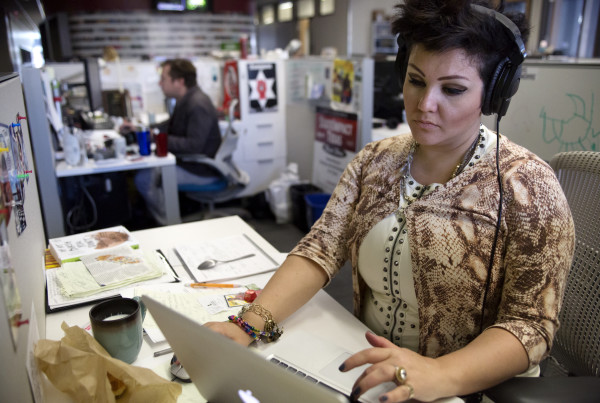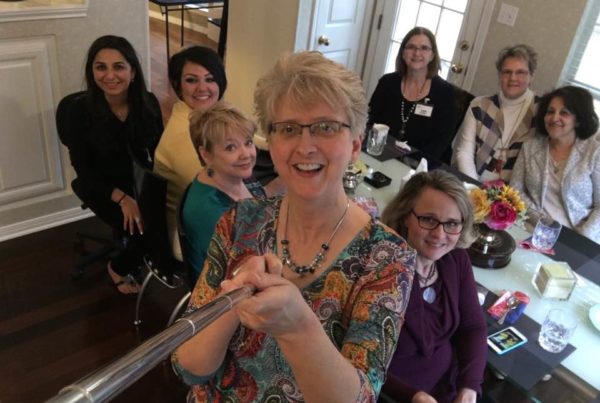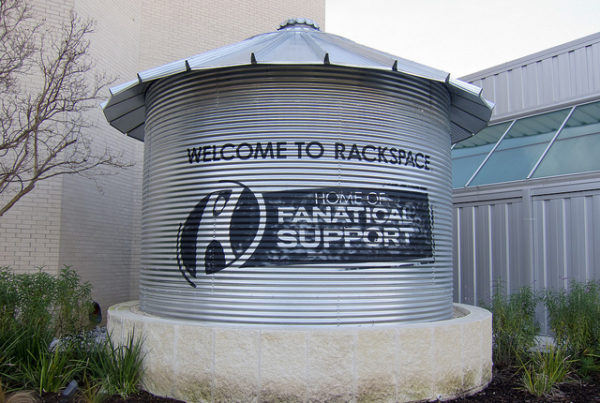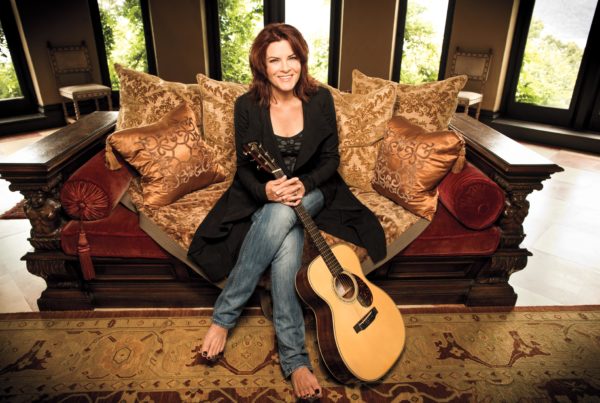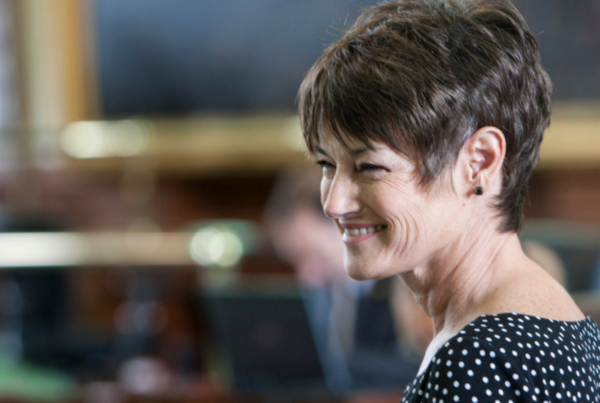The foster care system, deemed “broken” by a federal judge in 2015, has state officials and lawmakers scrambling to come up with solutions. Gov. Greg Abbott made fixing Child Protective Services (CPS) an emergency item for the 85th Legislative Session and lawmakers have filed dozens of bills to make changes to CPS.
On Wednesday, Rep. Scott Sanford (R-McKinney) unveiled a bill that would expand the number of foster families in the state through “fostels” – a combination of foster care and a youth hostel.
“Fostels is an out-of-the-box opportunity for people to wade into the water of helping kids involved with CPS cases,” Sanford says. “This will allow someone to be part of a system that will open up their homes for no more than two weeks so the kids can stay in their communities, stay in their schools [and] with their friends while the CPS caseworker is looking for a fantastic, longer-term foster care placement.”
Sanford says that keeping children in their community also makes caseworkers’ job easier because they have direct access to the child while the case is being investigated, something that isn’t possible when children are moved to other parts of the state.
Sanford got the idea for the program when he and his wife weren’t able to foster a pair of fourth-grade twins they tutored in Collin County. CPS moved the girls a county and a half away, placed them in separate foster homes and enrolled them in a new school.
“My wife and I were in a position to help, we wanted to help, we could have helped, but it wasn’t legal to help,” he says.
The program would give those who can’t commit to being a full-time foster parent a chance to still be of the system.
Unlike full-time foster parents, fostel volunteers wouldn’t be paid, but the state would still cover a foster child’s medical expenses.
Volunteers would undergo background and criminal history record checks, and CPS would verify that they have suitable homes and are certified to perform CPR.
Sanford says that fostels would address two major problems facing the system: children having to spend nights in CPS offices while their caseworker finds a foster family and the high foster parent turnover rate. Sanford says that 50 percent of Texas foster parents drop out within their first year.
“We’ll be able to present a more resilient and knowledgeable candidate for foster care parents – full fledged foster care parents – after they’ve had some time as fostels,” he says.
Sanford ran the idea by Henry “Hank” Whitman, the commissioner for the Department of Family and Protective Services.
“[It was] a wonderfully positive meeting,” Sanford says. “We’re ready to get to work and to make this thing happen.”
Written by Molly Smith.





